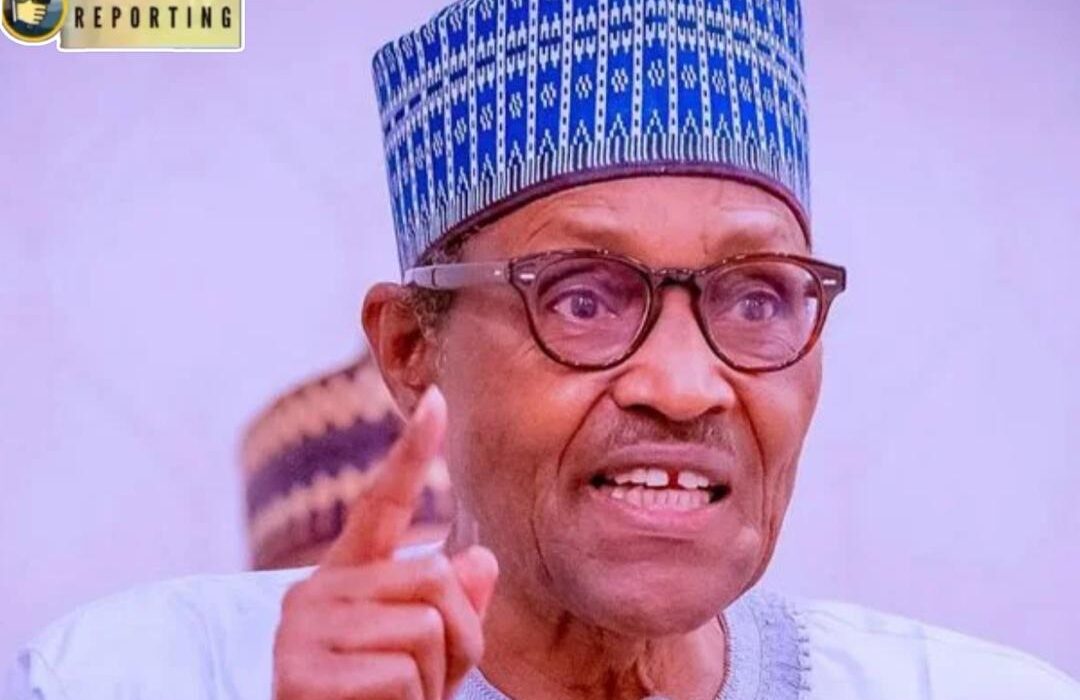Doctors Fault Buhari’s Ex-Spokesman Over Comments on Nigerian Hospitals

Medical professionals across Nigeria have faulted recent remarks made by Femi Adesina, former spokesperson to late President Muhammadu Buhari, over his comments on the state of the country’s healthcare system.
Adesina, during a tribute broadcast following Buhari’s death, claimed the former president might have died years earlier if he had relied on Nigerian hospitals. The comment has sparked widespread criticism from doctors, health workers, and medical associations, who described the statement as insensitive and a reflection of longstanding government neglect of the health sector. In the tribute, Adesina had said, “Let me say this clearly. If Buhari had relied on Nigerian hospitals alone, he could have been dead long ago. His decision to seek medical treatment abroad saved his life.” Reacting to the remark, the Nigerian Medical Association (NMA) described it as dismissive of the tireless efforts of Nigerian healthcare workers. The association said the statement highlights a pattern of disregard for the nation’s medical professionals and exposes the failure of past administrations to invest meaningfully in healthcare infrastructure. In a statement issued in response, the NMA noted, “Rather than acknowledge the systemic issues that have plagued the sector and the dedication of those who remain to serve despite poor conditions, Mr. Adesina has chosen to disparage the entire system. It is unfortunate that someone who was part of the government for eight years now speaks as though he had no responsibility for the state of our hospitals.” Doctors across the country echoed similar sentiments, emphasizing that Buhari’s frequent foreign medical trips were emblematic of broader systemic failures. They called on current leaders to reverse the trend by prioritizing funding, equipping hospitals, and retaining skilled personnel. Dr. Ngozi Okonkwo, a consultant physician in Lagos, said, “What Adesina said is not surprising, but it’s painful. For years, doctors and nurses have been calling on the government to invest in equipment, improve facilities, and support training. Instead, leaders just flew abroad whenever they were sick. That is the real tragedy — and they still blame us.” Health analysts also weighed in, arguing that the comments should push the government to finally address the ongoing crisis in Nigeria’s healthcare system. They cited underfunding, poor infrastructure, lack of political will, and the continued brain drain as issues that must be urgently tackled. Dr. Amaka Ogundipe, a health policy analyst, said, “Instead of denying the problem or shifting blame, this is the time to rebuild trust in our healthcare system. Nigerians deserve quality care at home, not just for the elite, but for everyone.” The backlash to Adesina’s comments has reignited debate on the state of Nigeria’s hospitals and the need for comprehensive reform to restore public confidence in the nation’s health sector.







